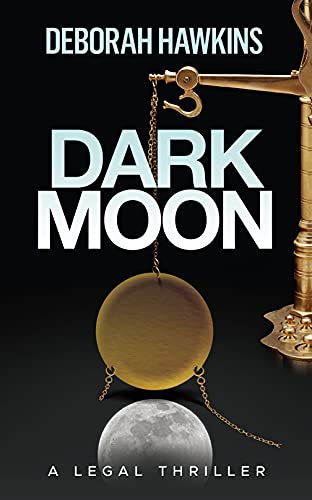Weed Science: Cannabis Controversies and Challenges
by Godfrey Pearlson
Text-to-Speech: Enabled
Here’s the set-up:
WHAT DO WE KNOW ABOUT MARIJUANA AND HOW DO WE KNOW IT? Marijuana is the most frequently consumed illicit drug worldwide, with over 158.8 million users, according to the UN. Responding to public pressure, the US federal government is likely to legalize recreational marijuana within the next few years. With increasing numbers of people using cannabis both medically and recreationally there are many looming questions that only science can answer. These include:
- What’s likely to happen, both good and bad, if the US legalizes marijuana?
- What are some simple, science-based rules to separate fact from fiction and to help guide policy in the highly contentious marijuana debate?
- Exactly what is cannabis doing in the brain that gets us high? A journey through THC neuroscience
- Does cannabis really have medical benefits – what’s the evidence?
- To what extent does cannabis impair driving?
- Can smoking marijuana in adolescence affect IQ or risk for developing schizophrenia?
- Is marijuana safe to use during pregnancy?
- Reviews the endocannabinoid system and why our bodies are full of “weed receptors”
- Introduces readers to the various forms of marijuana: flower, dabs, hash, edibles, shatter, vapes, tinctures, oils and synthetics, THC, CBD and terpenes.
- Demonstrates how and why cannabis affects different people very differently. Discusses how MRI and PET scans can help show the effects of marijuana on the brain.
- Discusses long-term effects of adolescent and adult cannabis use.
- Examines the evidence for cannabis’s role in increasing the risk for schizophrenia-like illnesses.














